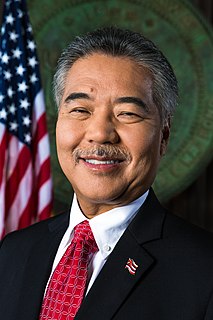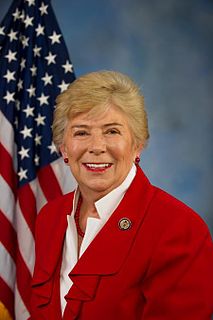A Quote by Park Won-soon
As do most Koreans, Seoul residents consider the uncertainty related to housing to be the biggest threat to their livelihoods.
Related Quotes
While it's absolutely important that we build housing for our low-income residents, when we are talking about opening up hundreds of sites for housing, we should be trying to build affordable housing for all of our residents struggling to pay rent. That means housing for teachers, for nurses, for janitors.
The strengths of our city historically have been connected to being a home for residents from all backgrounds: immigrant residents, residents who represent a diversity of race and economic situations and perspectives. And if we don't address our housing crisis, and the dramatically rising cost of living, we will lose that core of our city.
The Dallas model, prominent in the South and Southwest, sees a growing population as a sign of urban health. Cities liberally permit housing construction to accommodate new residents. The Los Angeles model, common on the West Coast and in the Northeast Corridor, discourages growth by limiting new housing.
As someone who lived under communism for most of my life I feel obliged to say that the biggest threat to freedom, democracy, the market economy and prosperity at the beginning of the 21st century is not communism or its various softer variants. Communism was replaced by the threat of ambitious environmentalism.




























